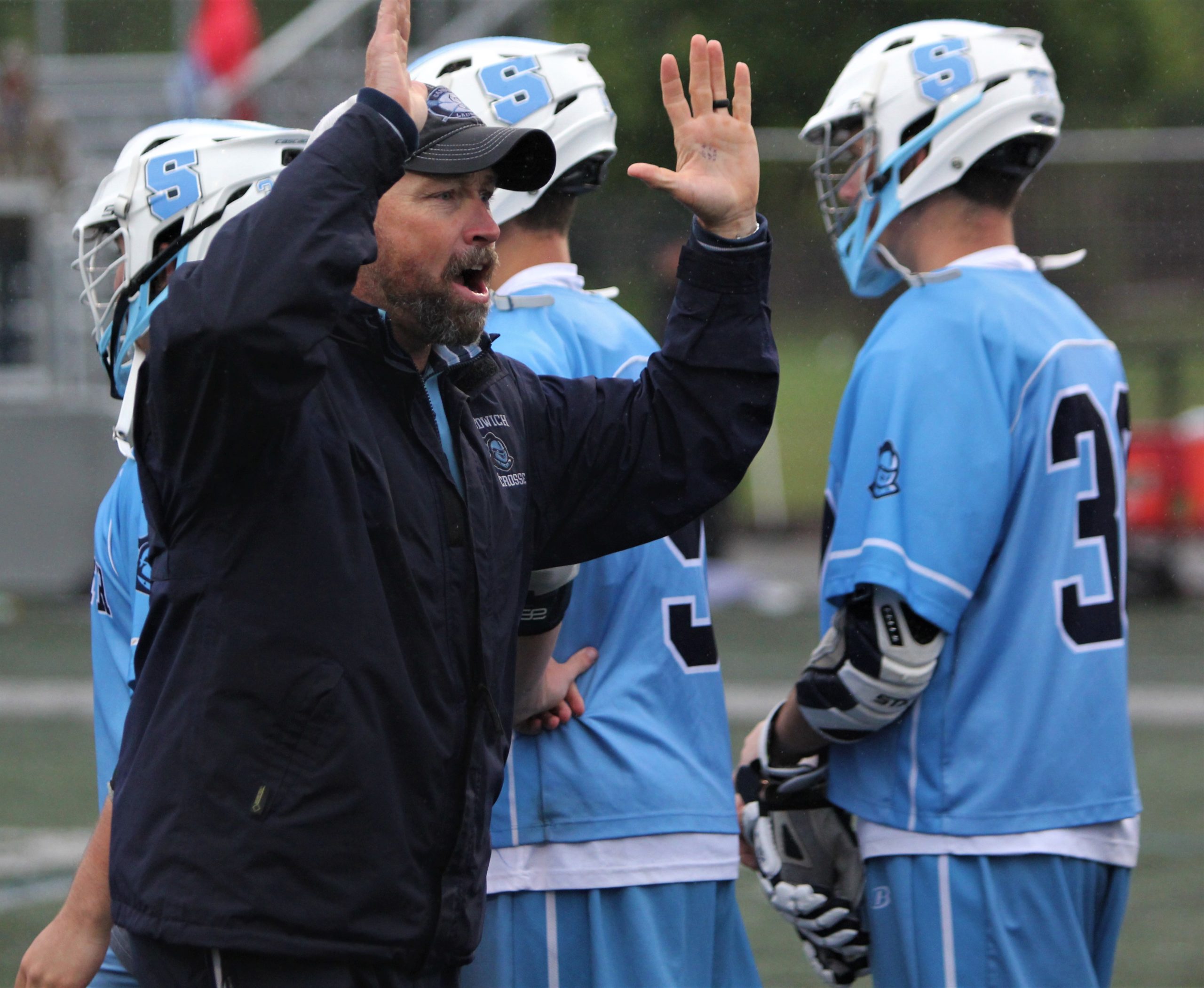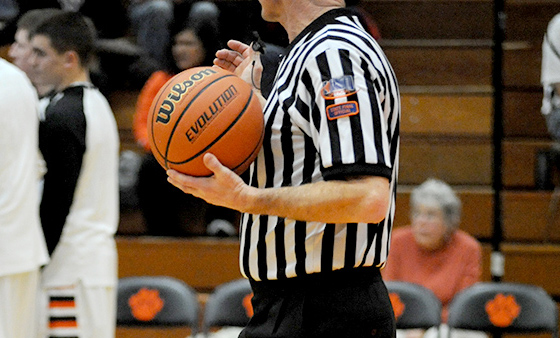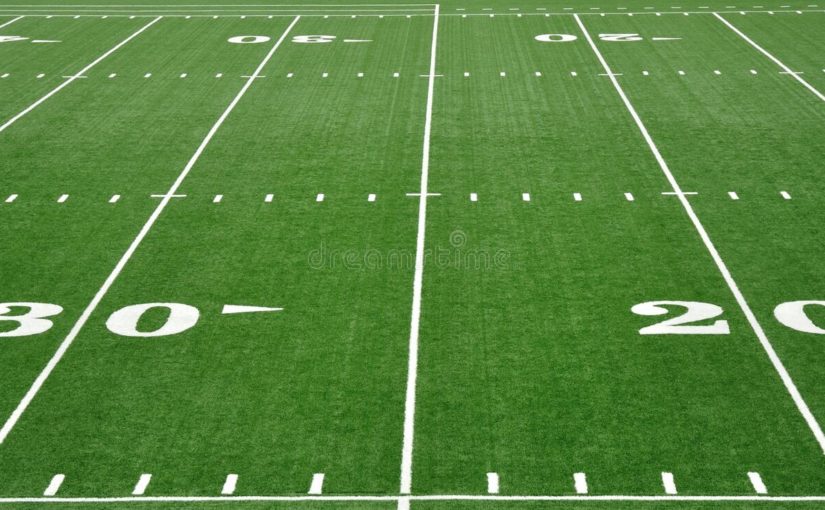7 Tips to Refine Your Communication Skills
Skilled coaches are always looking for ways to improve themselves. This can be done in many ways, including developing better communication skills.
Here are seven ways that coaches can use communication in developing team success.
- Establish A Respectful Atmosphere

- Use Positive Communication
Speak of potential, positive goals, and possibilities. Catch your athletes doing something right and point it out to the team. Seek to build character.
- Practice Communication Skills
Provide athletes with timely information and look for teachable moments. Don’t forget to tell athletes why they are practicing a particular skill, and avoid words that attack an athlete’s self-worth.
- Non-Verbal Communications
Use tone and volume of voice to add importance to what you say. Maintaining eye contact when speaking increases understanding and personalizes the message. A touch, handshake, or high five brings feeling to what you say to players.
- Listening Skills
Check with players for understanding of discussions. Encourage questions, suggestions, and opinions from players. Never hesitate to consider what you can learn from your players.
- Use Effective Verbal Cues
Cues should be simple yet meaningful. Players should connect the verbal cue to a change in position, movement, or strategy, but make sure to limit the number of verbal cues you use.
- Give Specific Praise and Remediation
Specific comments are more powerful and meaningful. This includes evaluations, which are necessary for a player and team improvement.
» ALSO SEE: 10 Observations of a Successful Coach
When coaches improve their communication skills, they become better teachers and leaders. Coaches will find that better communication requires conscious effort and practice. This produces positive results with regard to teamwork, player improvement, and team attitude.





